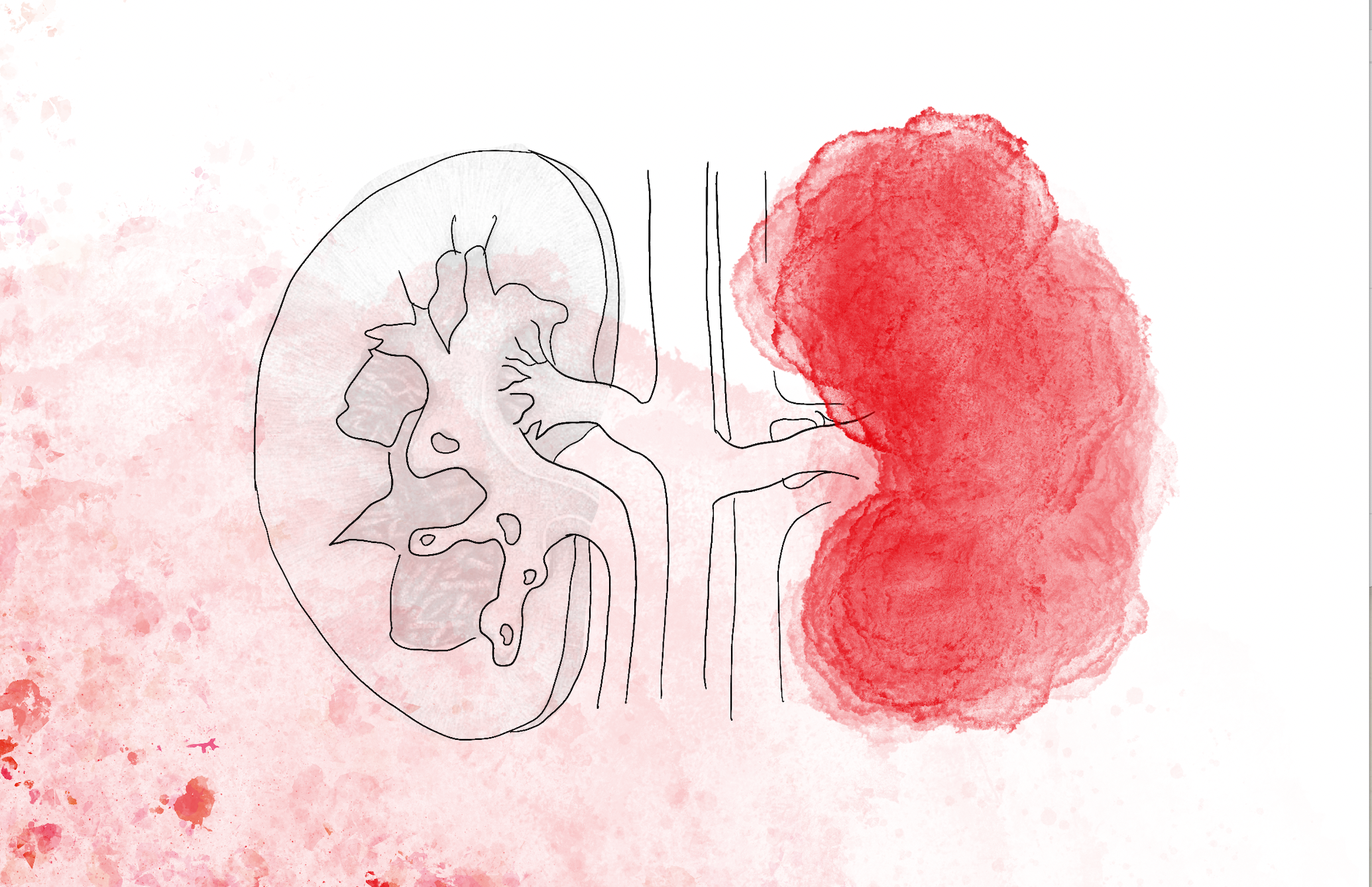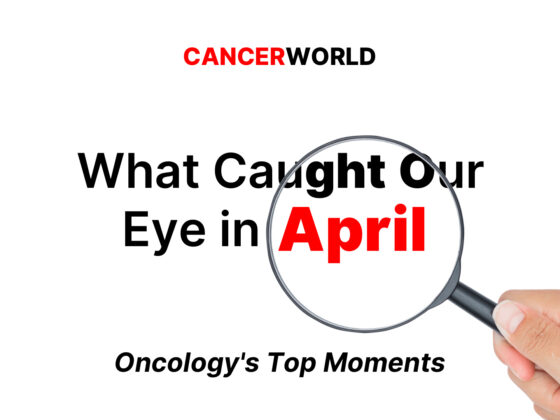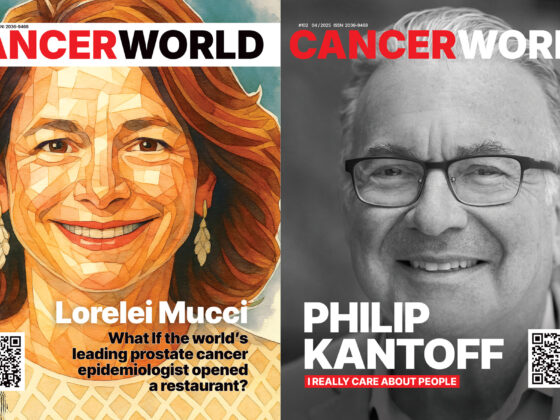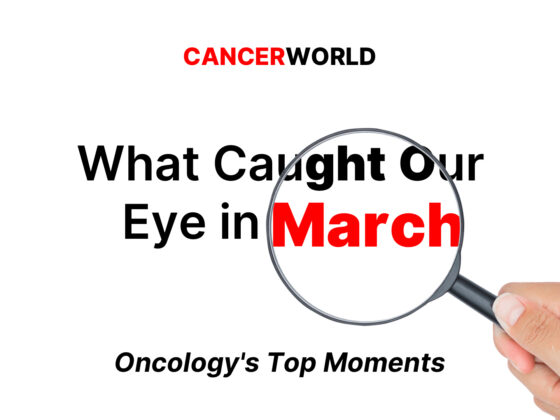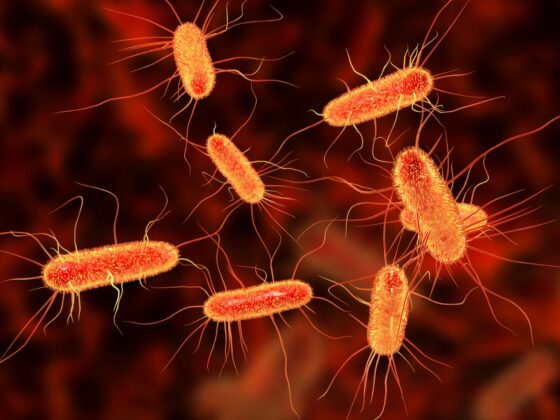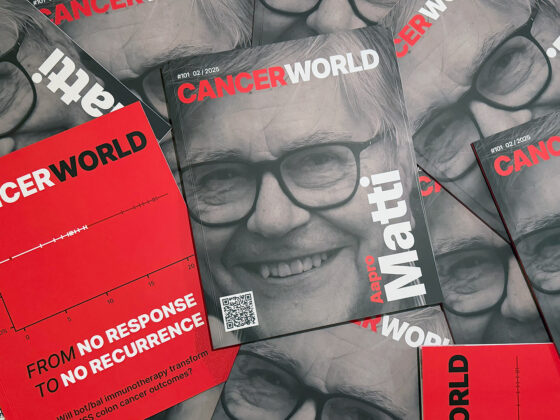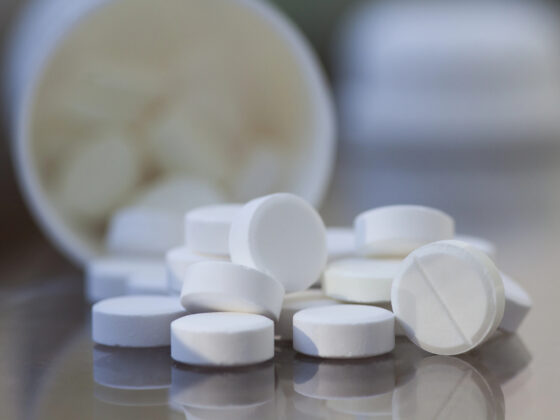Regular aspirin may help lower risk of colorectal cancer most effectively in people who have greater lifestyle-related risk factors for the disease. The study, published in JAMA Oncology on 1 August, found that, to prevent one case of colorectal cancer over 10 years, 78 people would need to be treated in the least healthy group versus 909 in the healthiest group.
“We think this is important data to show that people with a less healthy lifestyle may derive a greater benefit from aspirin compared to someone with a healthier lifestyle,” Long Nguyen, co-senior author of the study, from Massachusetts General Hospital and Harvard Medical School, tells Cancerworld.
Over the past few decades, the preventive effects of aspirin against colorectal cancer have been observed across numerous basic, epidemiologic, and clinical studies. Previous studies have found evidence to suggest aspirin can reduce the production of pro-inflammatory proteins, known as prostaglandins, that can promote the development of cancer. Aspirin may also block signalling pathways that cause cells to grow out of control, influence the immune response against cancer cells, and block the development of blood vessels supplying nutrients to cancer cells.
In 2016, the US Preventive Services Task Force recommended daily low-dose aspirin to prevent cardiovascular events and colorectal cancer in all adults aged 50 to 59 (considered the highest-risk age group for colorectal cancer). However, in 2022 the recommendation was withdrawn due to concerns about aspirin increasing the risk of gastrointestinal bleeding. “We sought to identify individuals who are more likely to benefit from aspirin to facilitate more personalised prevention strategies,” explains Andrew Chan, co-senior author, also from Massachusetts General Hospital.
For the current study, Nguyen and Chan enrolled participants from two prospective cohort studies. Women were enrolled from the Nurses’ Health Study (NHS) and men from the Health Professionals Follow-Up Study (HPFS). The team then compared the colorectal cancer rates in those who took aspirin regularly against those who did not, with regular aspirin use defined as either two or more standard-dose (325 mg) tablets per week or daily low-dose (81 mg) aspirin. Lifestyle factors (such as smoking, BMI, physical activity, alcohol intake, and diet) were obtained from biennial questionnaires and used to create healthy lifestyle scores. The resulting scores ranged from 0 to 5, with higher scores indicating healthier lifestyles. To assess the absolute benefit of regular aspirin use by lifestyle score, multivariable-adjusted 10-year cumulative colorectal cancer incidence was calculated, with Cox proportional hazards regression models adjusted for age, lifestyle components, sex, family history of colorectal cancer, and endoscopic screening.
Altogether, the team analysed health data from 107,655 participants (63,957 women from the NHS and 43,698 men from the HPFS), and documented 2,544 cases of incident colorectal cancer over 3,038,215 person-years.
Results showed that, overall, the 10-year cumulative colorectal cancer incidence was 1.98% (95%CI 1.44%–2.51%) among regular users of aspirin versus 2.95% (95%CI 2.31%–3.58%) among non-users, corresponding to an absolute risk reduction of 0.97% and in the number needed to treat of 103.
The 10-year absolute risk reduction was 1.28% for participants with the unhealthiest lifestyle scores (0 to 1) versus 0.11% for participants with the healthiest scores (4 to 5).
The 10-year number needed to treat with aspirin to prevent one case of colorectal cancer was 78 for participants with lifestyle scores of 0 to 1, 164 for those with scores of 2, 154 for scores of 3, and 909 for scores 4 to 5.
On multivariate analysis, the greatest differences in absolute risk reduction associated with regular aspirin use were observed for body mass index of >25.0 kg/m2 (1.19%), moderate/heavy smoking (1.20%), and moderate/heavy alcohol use (1.08%).
“We observed that participants in our study with the least healthy lifestyle, as assessed by higher body mass index, more smoking, greater alcohol use, less physical activity, and poorer diet quality, had the greatest absolute benefit from aspirin use,” says Nguyen. “These participants had multiple risk factors that increased their overall risk of developing colorectal cancer, and our results show that aspirin can proportionally lower this comparably elevated risk. In contrast, those with a healthier lifestyle had a lower baseline risk of colorectal cancer, and therefore, their benefit from aspirin was still evident, but less pronounced.”
Consequently, he says, healthcare providers should more strongly consider recommending aspirin to patients who may have a higher body mass index, a greater history of smoking or alcohol use, less physical activity, and poorer diet quality. “All of which can easily be asked during a routine clinic visit,” adds Nguyen.
In future, the team plan to conduct additional studies to refine their understanding of the specific subgroups most likely to benefit from aspirin prevention. The study did not assess potential side effects of daily aspirin use, such as bleeding, according to lifestyle factors.
Commenting on the study, John Burn, from the University of Newcastle, believes that the link between less healthy lifestyles and poorer socioeconomic status needs to be taken into consideration “The analysis provides important new information. We already had evidence that obesity increases cancer risk and that aspirin could help reduce this risk. These data place that in the broader context of socio economic status. In short, poorer people have a higher risk of cancer and aspirin may have its greatest protective effect in these communities. The challenge will be reaching them,” Burn tells Cancerworld. Burn was corresponding investigator of the Cancer Prevention Project 2 (CaPP2) study, published in Lancet Oncology in 2020, which showed that daily 600mg aspirin reduces colorectal cancer in people with Lynch syndrome by half.





